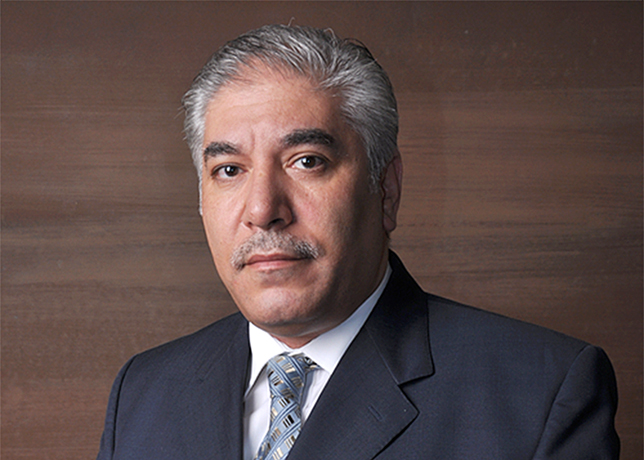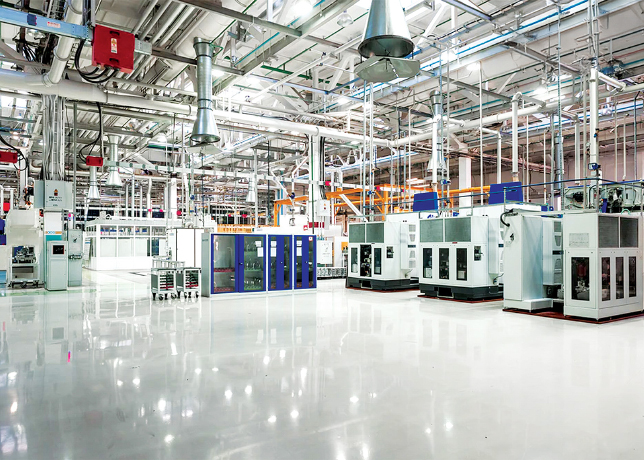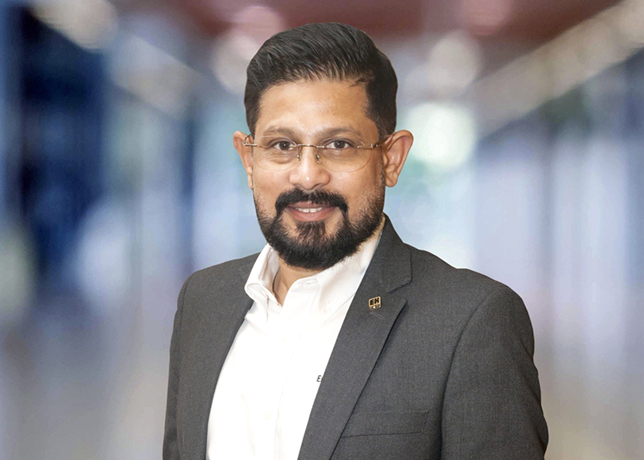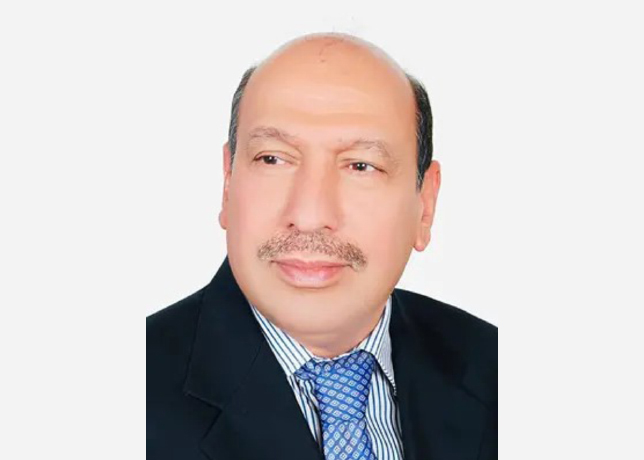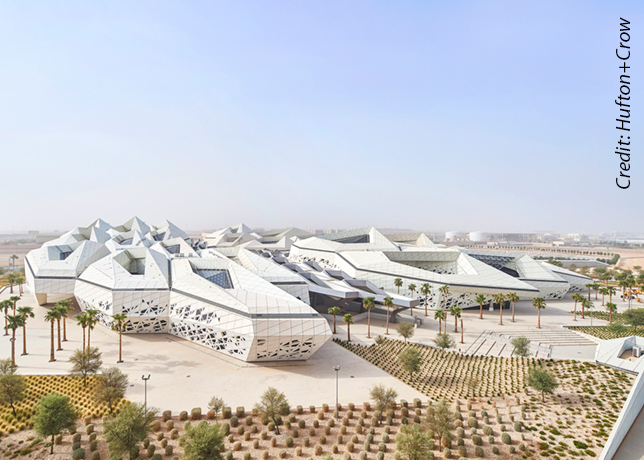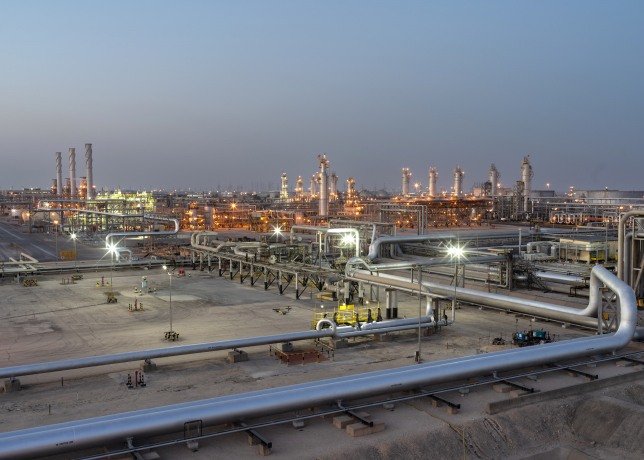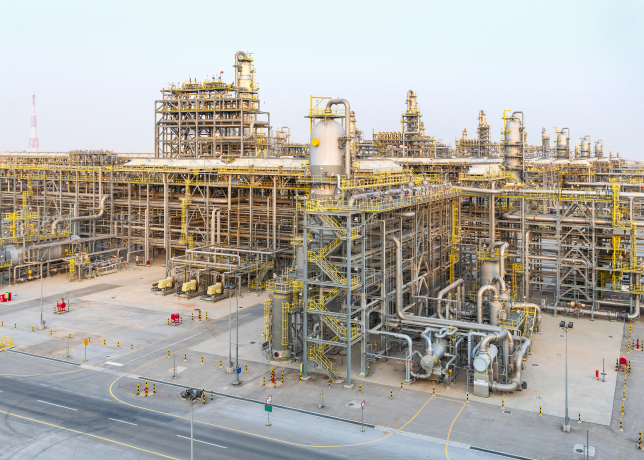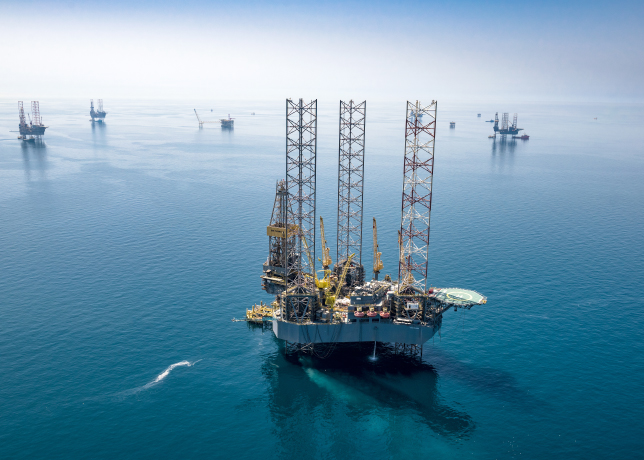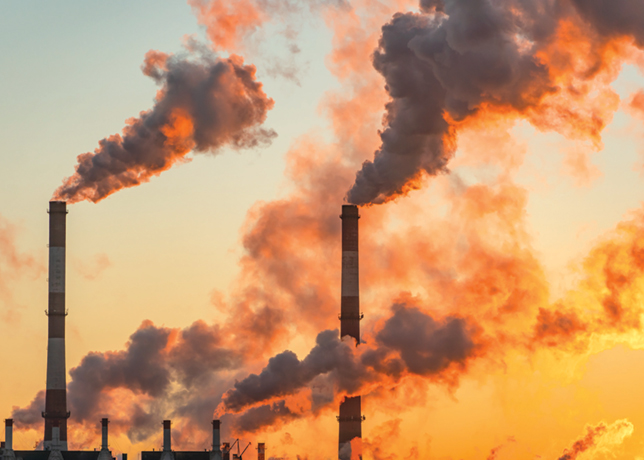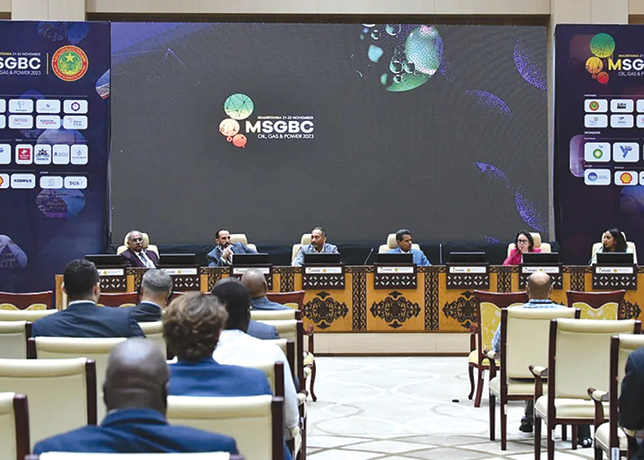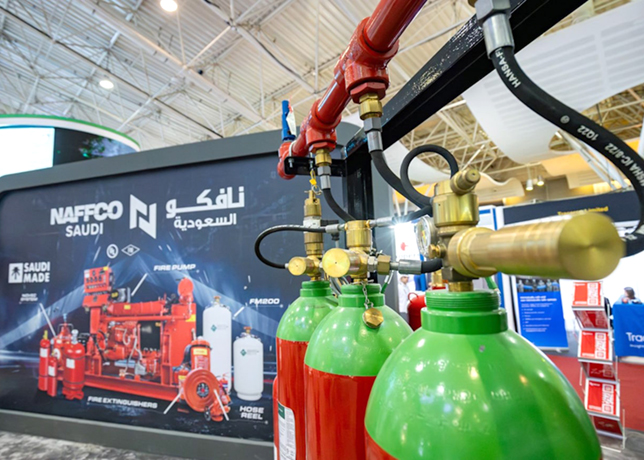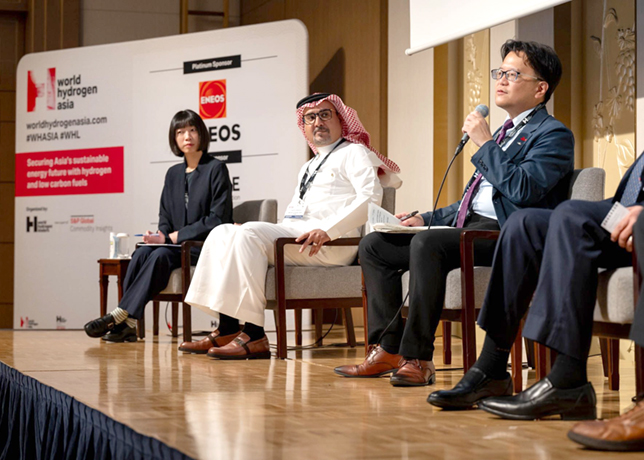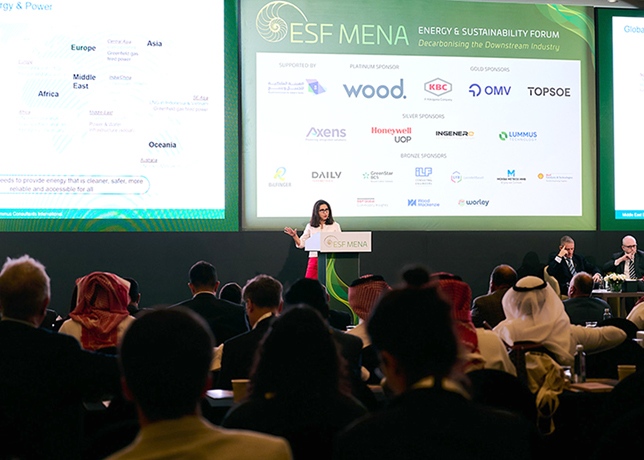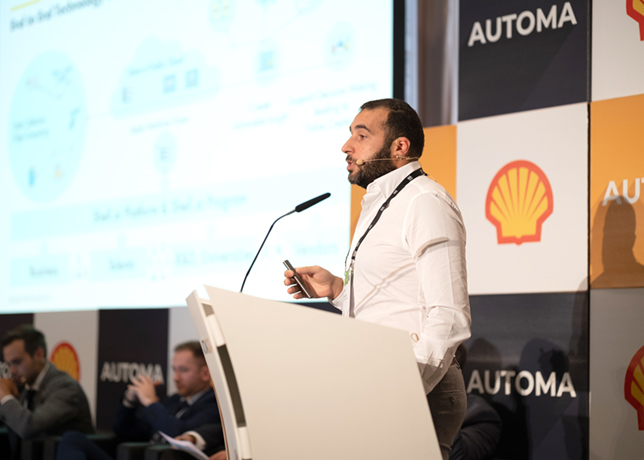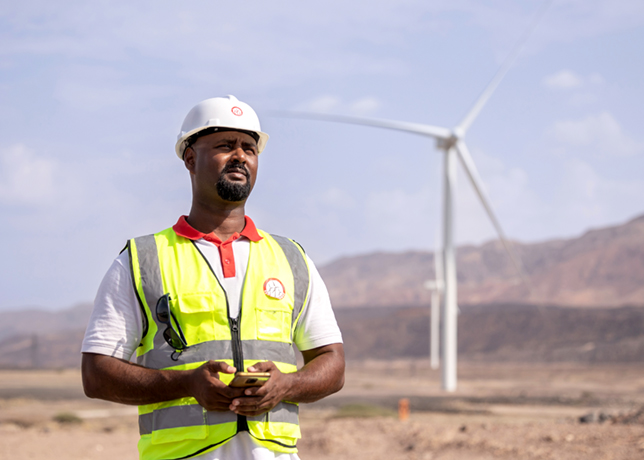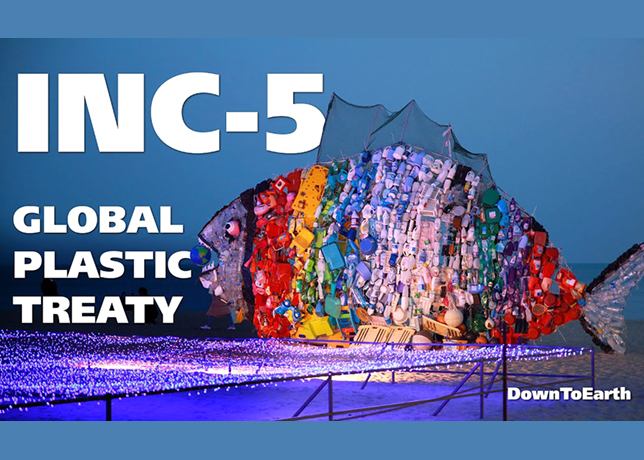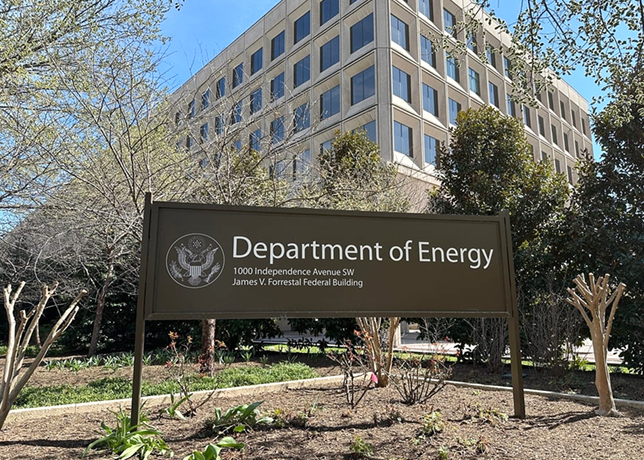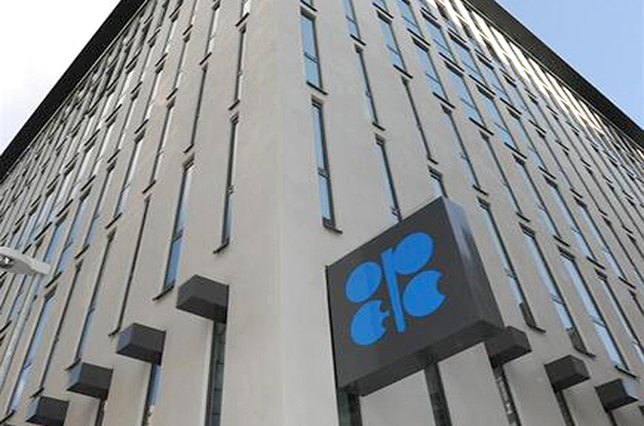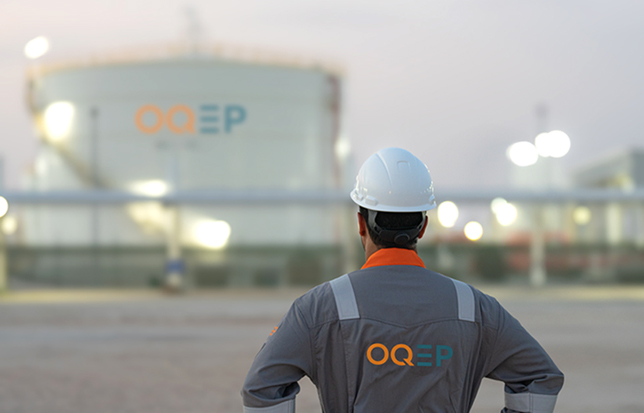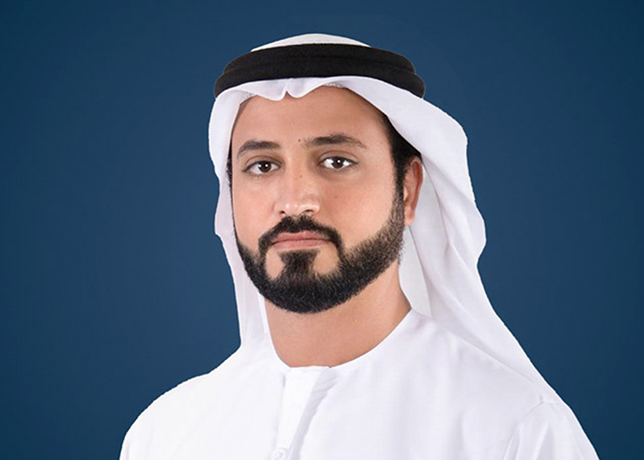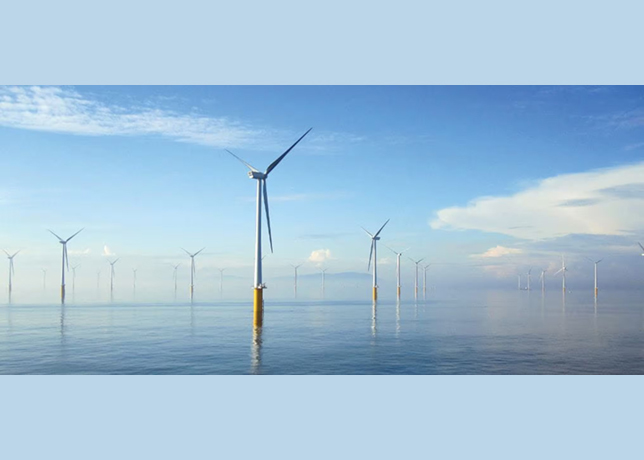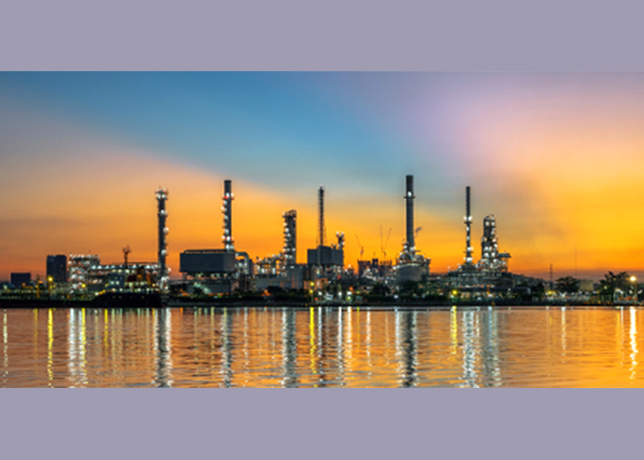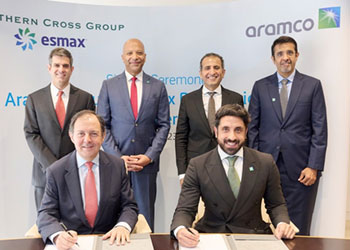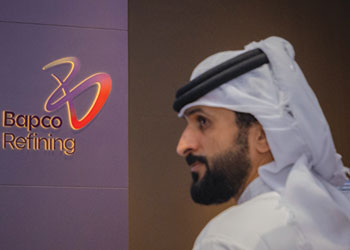
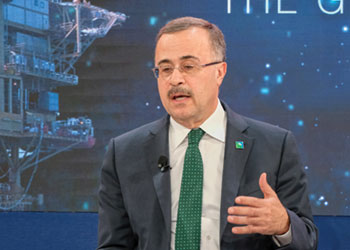 Nasser ... energy transition at each one's pace
Nasser ... energy transition at each one's pace
Amin Nasser, Aramco President and CEO, has once again voiced his concerns about the unrealistic energy transition, this time alluding to a North-South divide and an impending energy crisis.
The senior executive is using every chance at world forums to convince people that the issue of transition is relative to every country and that any immature letdown in conventional energy could lead to serious consequences.
In his recent speech at the 24th World Petroleum Congress (WPC) in Calgary, Canada, where he was also given the Dewhurst Award, Nasser said: 'While much of the global north is focusing on environmental sustainability, the priority for many in the global south is economic survival. Transition planning has not sufficiently recognised this clear need for distinctive solutions, and a widening divide is an inevitable result.'
Nasser emphasised that transition planning required pragmatic and proportionate solutions that reflected different countries’ economic and energy situations.
He said: 'The current transition shortcomings are already causing mass confusion across industries that produce and/or rely on energy. Long-term planners and investors do not know which way to turn. It is increasing the risk of acute supply-demand imbalances in conventional energy and, therefore, an even more serious energy crisis where countries and people, not just assets, are stranded.'
Nasser firmly believes in a transition. In fact his company, Aramco, the largest oil producing company in the world, is investing heavily in emissions mitigating technologies.
But he does keep drawing attention to the ‘danger’ of phasing out conventional energy prematurely and how this puts energy security and affordability priorities at risk.
At Energy Asia in Malaysia in June, Nasser said that while transition policies rightly attempted to address environmental sustainability, the equally critical issues of energy security and affordability are under-emphasised.
And if there’s one place where Nasser’s word reverberate the most, it is the African continent, which has stepped up on the exploration of oil and gas.
While there are concerns from the rich Western world grow about the region’s growing love for fossil fuel, voices from within, like the African Energy Chamber (AEC), advocate for ongoing oil and gas production along with growth of renewables.
In an op-ed, NJ Ayuk of the AEC, said: 'We’re certainly not saying that renewables have no place in Africa. What we’re saying is that we must temper the enthusiasm for renewables-only policies. For the sake of its people, Africa must be allowed to develop sustainable energy at a pace that doesn’t further impede standards of living – in tandem with oil and gas.'
Nasser is also at odds with the notion of peak oil demand, which he says is mostly being driven by policies, rather than the market dynamics.
Last month, Fatih Birol, International Energy Agency (IEA) Executive Director, in an op-ed published in the Financial Times, suggested that demand for oil and coal would peak in 2030.
The Organisation of the Petroleum Exporting Countries (Opec) hit back and said consistent and data-based forecasts did not support that assertion.
'Such narratives only set the global energy system up to fail spectacularly. It would lead to energy chaos on a potentially unprecedented scale, with dire consequences for economies and billions of people across the world,' says Haitham Al Ghais, Opec Secretary, said in a statement.
Hopefully, the Arabian Gulf region is braced for these discussions at two leading events on its soil: this month’s Abu Dhabi International Petroleum Exhibition and Conference (Adipec), and the COP28 a month after.
By Abdulaziz Khattak



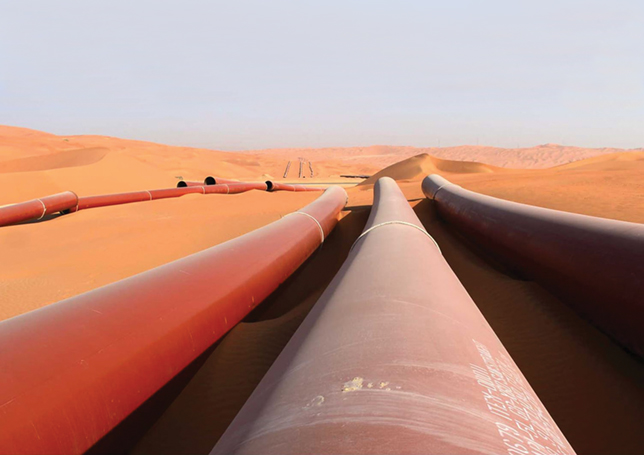


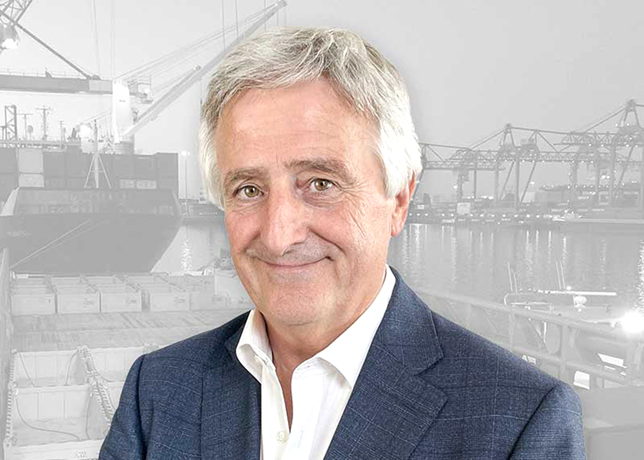
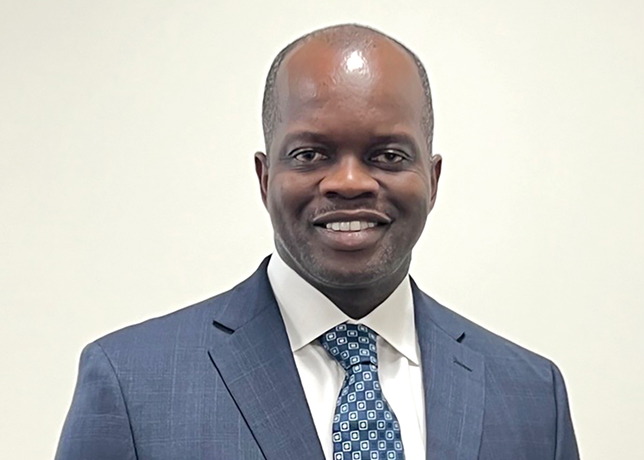
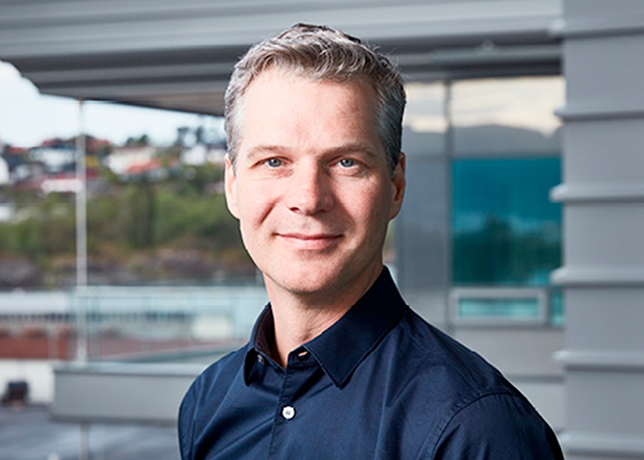
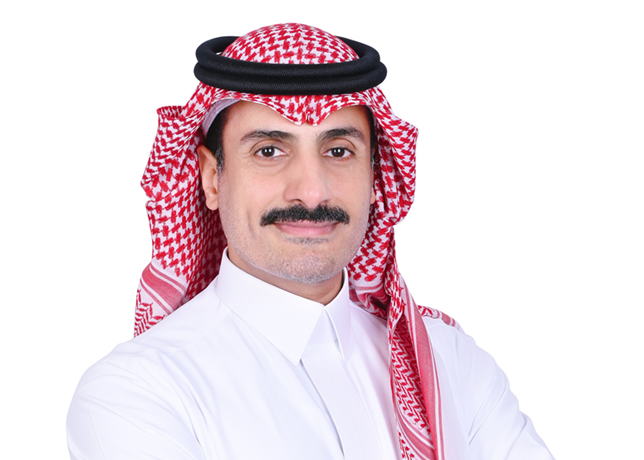


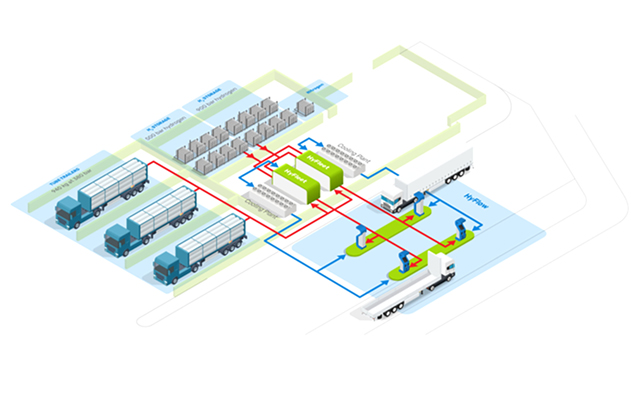
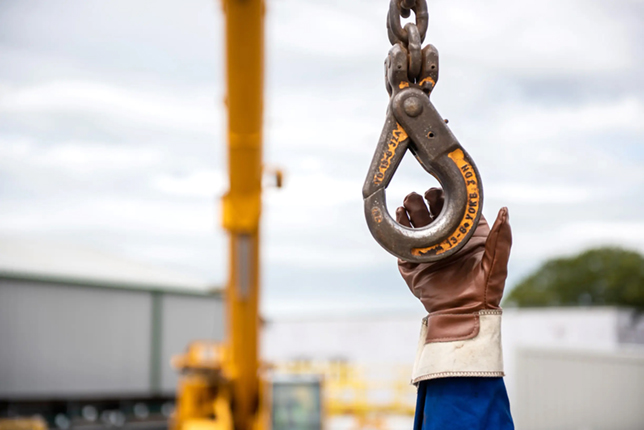
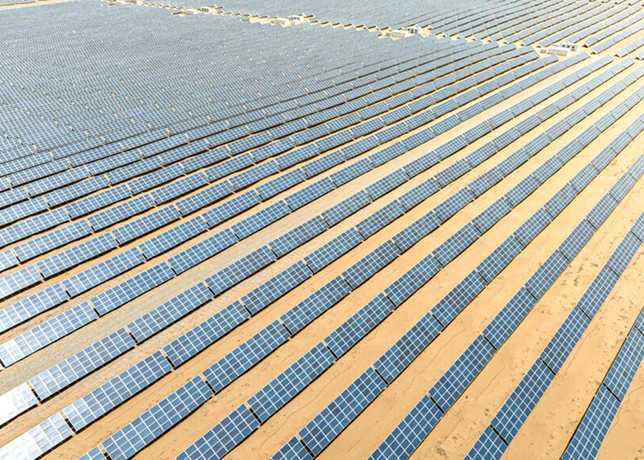

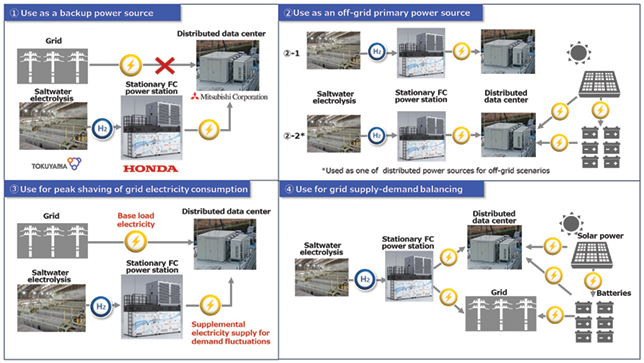


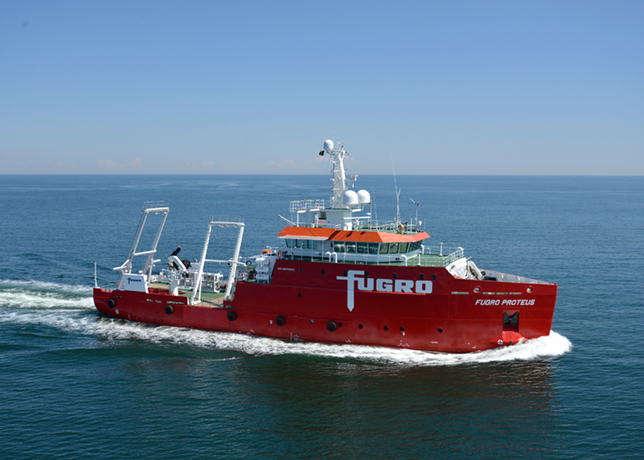


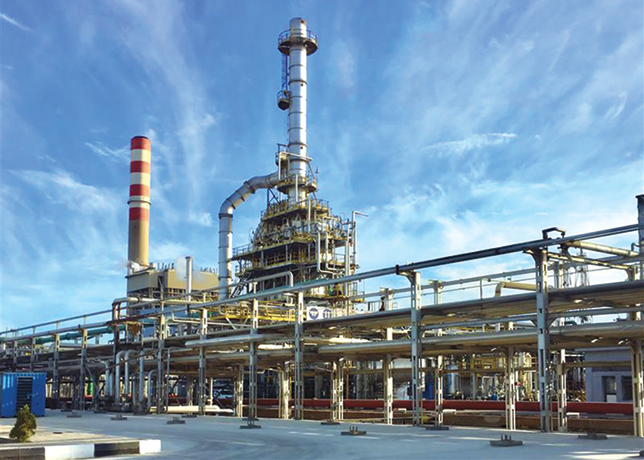
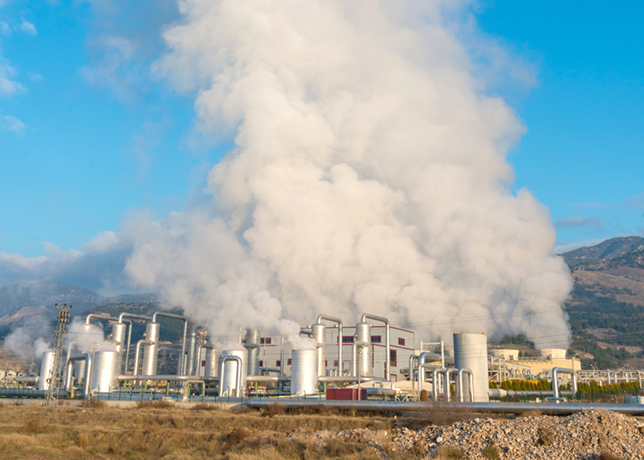
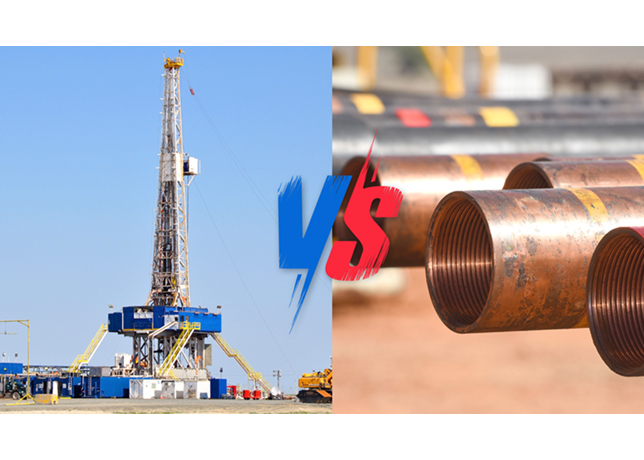
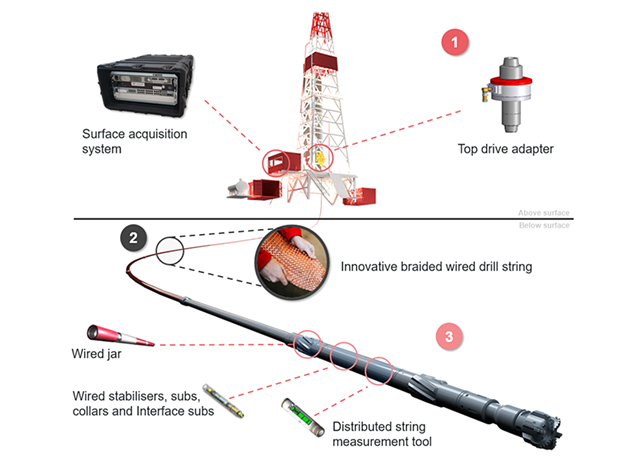

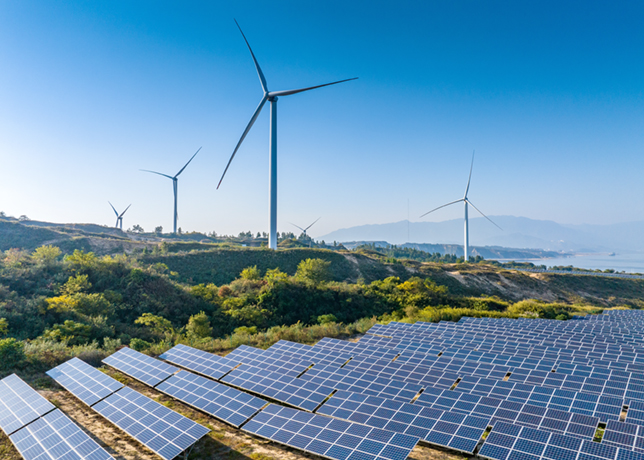




-is-one-of-the-world.jpg)
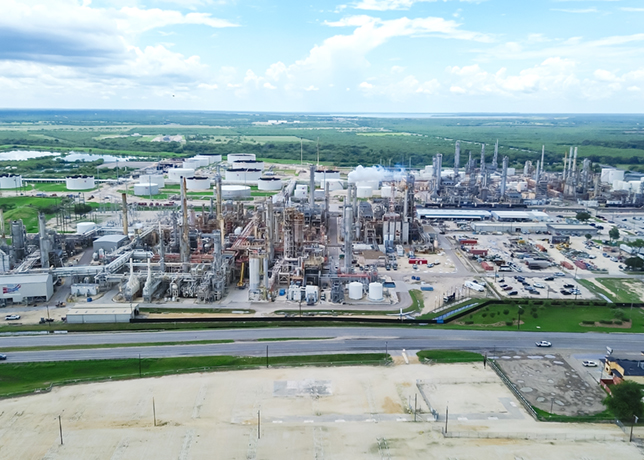
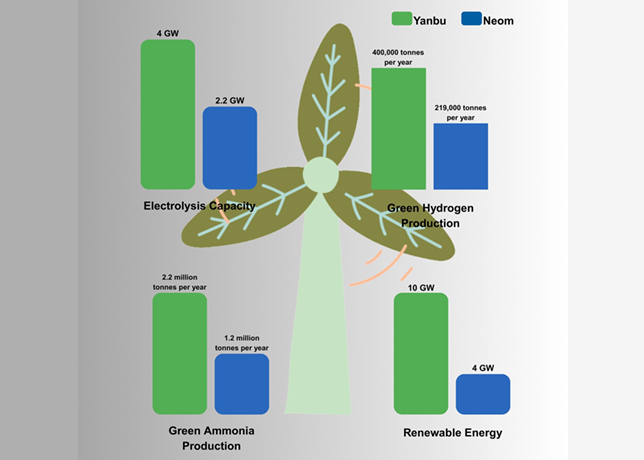

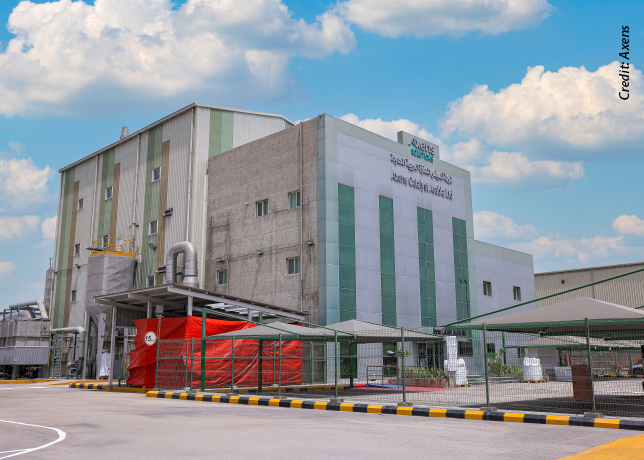


-(4)-caption-in-text.jpg)

